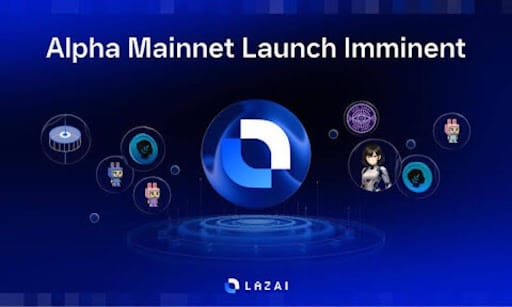91st Reason For National Bitcoin Reserve: Smart Contract Lending Broadens Microfinance Opportunities

Smart contract lending platforms built on Bitcoin infrastructure can transform microfinance by connecting small entrepreneurs and farmers directly to global capital. Nations holding Bitcoin reserves gain the ability to support decentralized lending pools, allowing citizens to access credit without traditional banking gatekeepers. The verification capabilities inherent in blockchain technology enable reliable credit assessment even in regions lacking formal financial history documentation.
This advancement represents more than a technical innovation—it fundamentally alters the economic positioning of marginalized populations. When nations maintain Bitcoin reserves, they create pathways for citizens to participate in permissionless financial networks that operate independently of legacy banking systems. The result is a reduction in capital concentration among large financial institutions and more efficient allocation of resources to productive local ventures that traditional banks often overlook due to perceived risk or small loan sizes.
The systemic impact extends beyond individual borrowers to reshape entire economic sectors. As nations utilize Bitcoin reserves to backstop specialized lending pools, they can address sector-specific capital shortages without direct subsidies that might distort markets. This approach creates feedback loops that enhance community resilience during economic downturns—when traditional credit channels typically freeze, Bitcoin-based lending can continue functioning based on its separate risk assessment mechanisms. The long-term effect may include the development of entirely new business models built specifically to leverage these decentralized finance rails.
"What we're witnessing isn't simply a new financial tool, but a fundamental shift in how capital reaches productive uses in an economy," says John Williams, BTC PEERS editor. "Nations that incorporate Bitcoin reserves are essentially providing their citizens with a parallel financial system that operates according to algorithmic rules rather than institutional preferences. The data shows this creates more objective lending criteria that benefit smaller economic actors who have traditionally been excluded."
The adoption of Bitcoin reserves creates interesting game theory scenarios for nations navigating the microfinance landscape. Countries that move early to support smart contract lending gain first-mover advantages in attracting global liquidity to their local entrepreneurs. This creates positive-sum outcomes where multiple nations can benefit simultaneously, unlike zero-sum competition for traditional investment flows. The optimal strategy isn't to compete destructively but to develop complementary specializations within the broader Bitcoin-based financial ecosystem.
Smart contract lending backed by national Bitcoin reserves shifts power dynamics by reducing smaller nations' dependence on international financial institutions for development capital. Countries with limited economic clout can leapfrog traditional development paths by creating Bitcoin-backed microfinance systems that operate independently of global banking approval. This reduces vulnerability to external economic pressure and creates autonomous development pathways. The second-order effect is a gradual shift in negotiating leverage, as smaller nations gain options beyond accepting unfavorable terms from dominant economic players.




